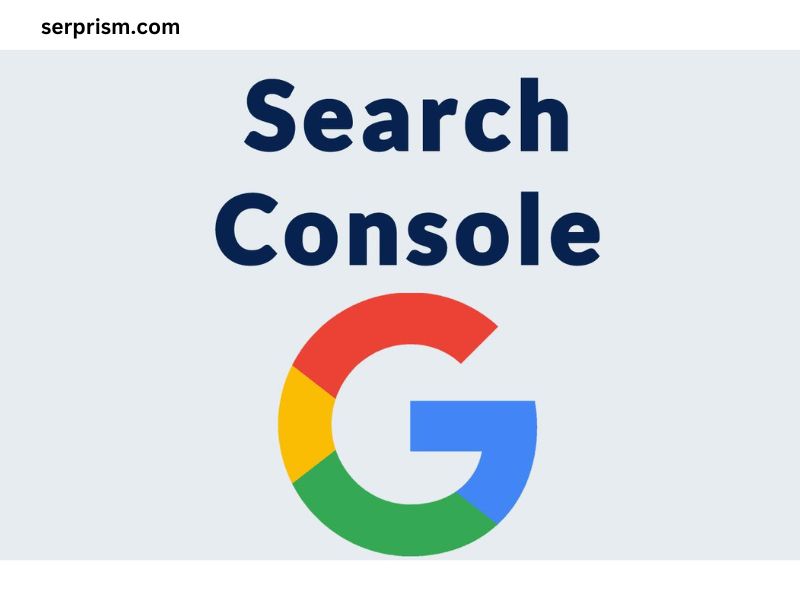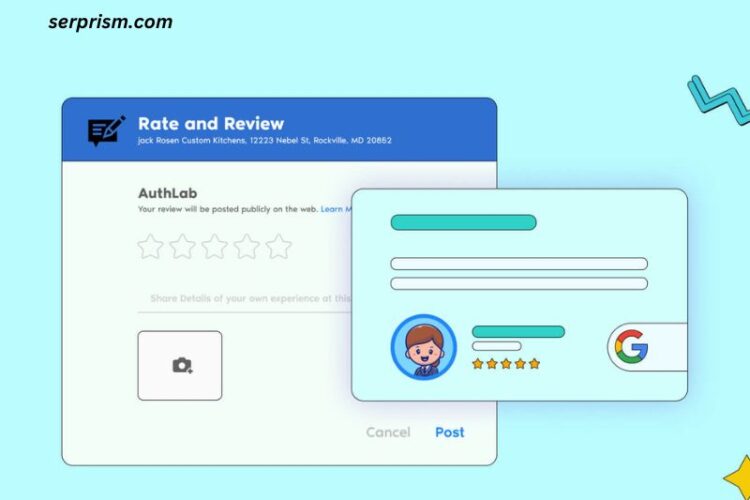
When you step into the world of SEO, understanding the key components that affect your website’s performance is crucial. Among those components, two important terms often surface: domain and URL console. These two elements form the foundation of website structure and how search engines perceive your content. However, confusion arises when businesses and webmasters ask the question: Should I prioritize domain or URL console for optimal SEO results? In this comprehensive guide, we’ll explore both terms in-depth, helping you decide what to choose based on your website’s needs.
What is a Domain?
A domain is essentially the address that people type into their web browser to access your site. It’s your website’s unique identifier on the internet, commonly ending with extensions like .com, .net, .org, or country-specific codes like .co.uk or .in. Domains are a critical part of a website’s identity and branding, making them one of the first decisions you need to make when building a site.
Importance of Domains in SEO
Domains are vital from an SEO perspective because search engines use them to identify websites. A domain that’s easy to remember, matches your brand name, and has a keyword-rich structure can enhance your website’s ranking potential. Here’s why domains matter:
- Brand Recognition: A short and relevant domain name can increase brand recall among users. For example, apple.com is much easier to remember than apple-electronics-computers-store.com. A simpler domain also helps in gaining direct traffic, as people are likely to type in your website URL directly.
- Keywords in Domain: While Google doesn’t weigh keywords in domains as heavily as it once did, they can still provide a ranking advantage if used strategically. A domain like bestdogtoys.com signals to search engines what your website is about, helping with niche targeting.
- Trustworthiness: Domains that look professional inspire trust. Users and search engines alike are more likely to trust websites with credible domains over something spammy or unclear.
- Age of the Domain: Older domains generally have more authority than newly registered ones. If you can acquire an aged domain with a clean history, you may gain an SEO boost right off the bat.
- Geo-Specific Domains: If your business caters to a specific region, using a country-code top-level domain (ccTLD) like .co.uk or .in could improve your visibility in that location. Search engines tend to prioritize localized results for users.
What is a URL Console?
The URL console (also known as the URL Inspection Tool in Google Search Console) allows webmasters to analyze specific pages on their website for any crawling or indexing issues. URL consoles provide valuable insights into how search engines like Google see your website and its pages.
Importance of URL Console in SEO
The URL console is integral to website maintenance and optimization because it gives a deep understanding of how each individual page performs. Here are some reasons why the URL console plays a key role in SEO:
- Indexing Control: Through the URL console, you can manually request indexing for newly updated pages. This helps ensure that Google recognizes any significant changes to your content and promptly reflects them in search rankings.
- Crawling Status: The URL console provides feedback on whether Google successfully crawled a particular URL. If there are crawling issues, such as server errors or page not found (404) errors, you’ll be alerted so that they can be fixed quickly.
- Mobile Usability: With mobile-first indexing, how your site performs on mobile devices directly affects rankings. The URL console shows any mobile usability issues so that you can optimize pages for better mobile performance.
- Structured Data Analysis: The URL console helps analyze structured data, enabling search engines to display rich snippets for your website. These enhanced results can improve your click-through rate (CTR), which is another ranking factor.
- Core Web Vitals: URL console provides detailed information on page experience signals like loading speed, interactivity, and visual stability, which are crucial for ranking well in modern SEO landscapes.
Domain vs URL Console: Understanding the Differences
While both domain and URL consoles are essential to SEO, they serve different purposes. Domains focus more on branding, trust, and recognition, whereas the URL console handles technical aspects like crawling, indexing, and resolving errors.
Let’s break down the core differences:
| Factor | Domain | URL Console |
|---|---|---|
| Purpose | Branding, authority, identity | Technical analysis, crawl management, indexing control |
| Impact on SEO | Affects direct traffic, trustworthiness, authority | Resolves technical issues, ensures pages are indexed correctly |
| User Interaction | Direct interaction via typing or clicking | Backend interaction for webmasters |
| Complexity | Simple to manage once registered | Requires frequent monitoring and technical know-how |
| Primary Audience | End-users (people visiting the website) | Webmasters, SEO professionals |
Which Should You Choose for SEO: Domain or URL Console?
Now that we’ve covered both concepts, the question remains: What should you prioritize – domain or URL console? The answer depends on the stage of your website’s development and the specific SEO challenges you face.
When to Focus on Domain:
- Branding and Visibility: If you’re launching a new website or rebranding, the domain should be your primary focus. A strong domain sets the stage for everything else and can dictate how memorable your site is to users.
- Keyword Strategy: If you’re in a competitive niche, having a keyword-relevant domain can give you a slight edge. However, be careful not to over-optimize, as search engines may flag domains that seem too keyword-stuffed.
- Long-Term Strategy: A well-chosen domain name can contribute to long-term SEO success. Building domain authority and trust can be challenging, so starting with the right domain is a smart investment.
When to Focus on URL Console:
- Technical SEO Issues: If your site is live and you’re facing issues with crawling, indexing, or structured data, the URL console is where you need to focus your energy. Technical errors can negatively impact your rankings, and they need immediate attention.
- Page Experience Optimization: With Core Web Vitals being a major ranking factor, the URL console provides insights into page load times, responsiveness, and visual stability. Fixing these issues can significantly boost your ranking performance.
- Content Updates: Whenever you update content on your website, you should use the URL console to ensure that search engines index the changes promptly. This ensures your rankings reflect the most recent and relevant information.
The Balanced Approach: Using Both Together
In an ideal scenario, you wouldn’t have to choose between domain and URL console. Both elements are vital for comprehensive SEO success. Here’s how you can balance the two:
- Start with a Solid Domain: When launching a website, choosing the right domain is essential. It’s the foundation of your brand, helping users find you and remember your site easily.
- Monitor and Optimize with URL Console: Once your domain is set and your site is live, use the URL console for ongoing maintenance and improvement. Fix crawling errors, ensure proper indexing, and optimize page experience factors.
- Long-Term Strategy: Over time, your domain will accrue authority, while the URL console will help you address technical issues, keep your site fast, and mobile-friendly.
Conclusion
When choosing between domain and URL console, there is no one-size-fits-all answer. Both are crucial components of a well-rounded SEO strategy. The domain forms the basis of your website’s identity and branding, helping with trust, direct traffic, and authority. On the other hand, the URL console is your gateway to understanding how search engines crawl and index your site, ensuring that you maintain optimal performance from a technical perspective.
A well-chosen domain lays the foundation for long-term SEO success, while regular monitoring of your URL console allows for consistent technical improvements. Together, they create a harmonious blend of branding and performance that can boost your rankings and help you achieve your SEO goals.
In the world of SEO, it’s not about choosing one over the other but understanding when and how to leverage both to your advantage.




